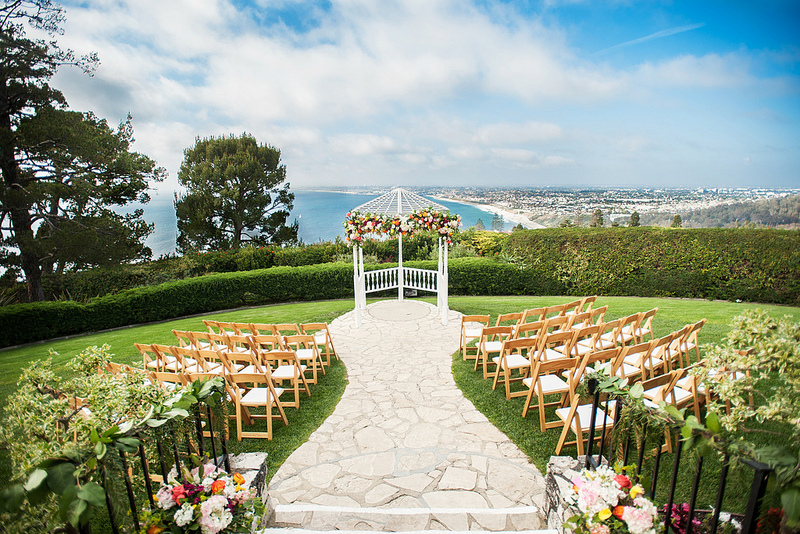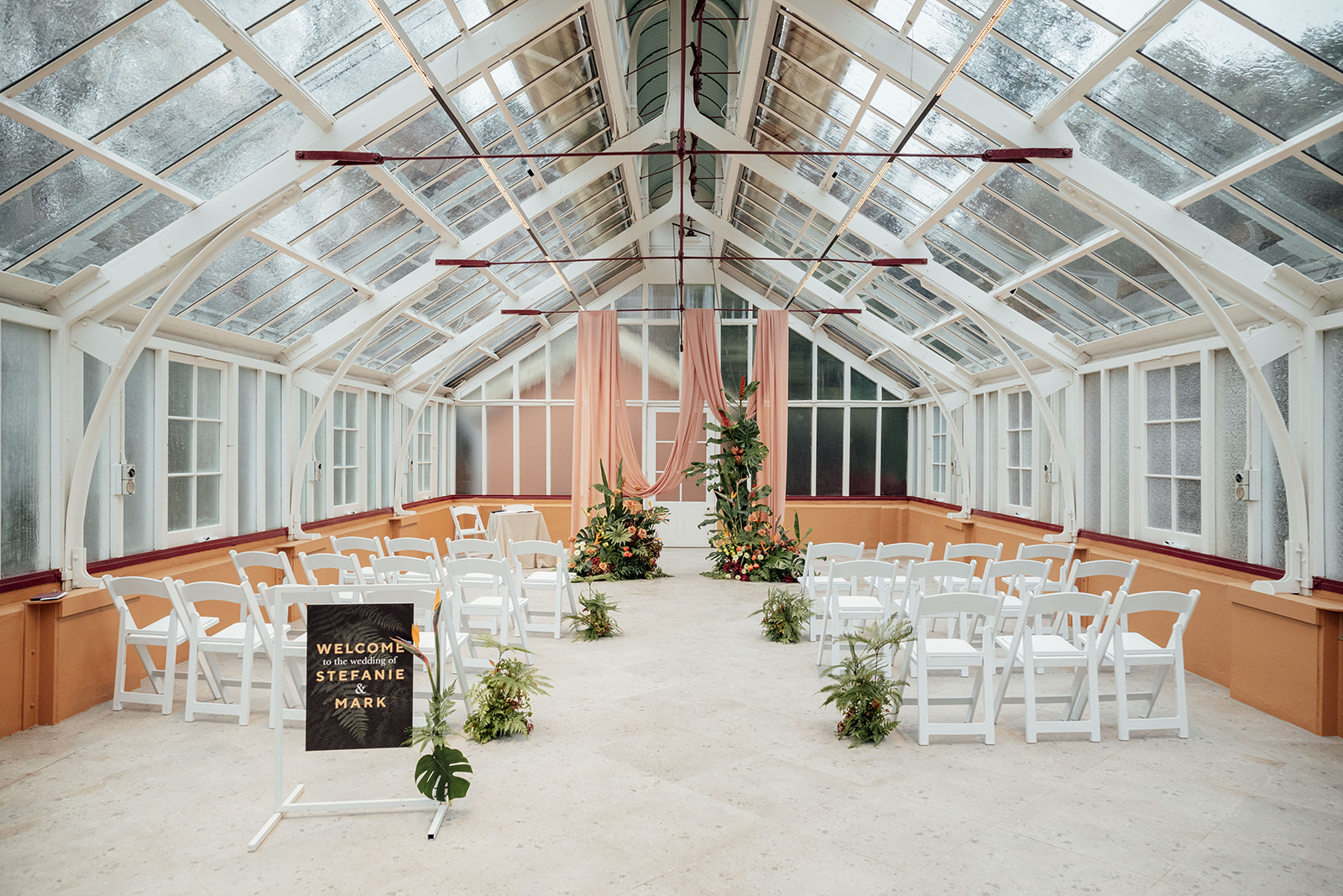Introduction
Planning a wedding is an exciting journey, and one of the most crucial decisions you'll make is choosing the perfect venue. The process can be overwhelming, but fear not! This guide will take you through each step, ensuring your wedding venue aligns perfectly with your dreams. Let's dive into the world of wedding planning and discover how to make the right choice for your big day.
Defining Your Wedding Style: A Comprehensive Guide to Creating Your Dream Celebration
Identifying the Theme and Ambiance You Envision
Your wedding day is a reflection of your unique love story, and defining a theme and ambiance sets the tone for the entire celebration. This initial step in wedding planning allows you to infuse your personality and style into every detail, creating an event that is truly one-of-a-kind.
To begin, take a moment to envision the atmosphere you desire. Are you drawn to the timeless elegance of a classic wedding, the rustic charm of a countryside celebration, or the modern sophistication of a contemporary affair? Consider your shared interests, favorite colors, and the overall mood you want to convey.
Once you have a general idea, delve deeper into the details. If you're opting for a romantic theme, think about soft color palettes, delicate florals, and intimate lighting. For a more rustic vibe, embrace natural elements like wood, burlap, and wildflowers. Modern weddings often feature clean lines, bold accents, and minimalist decor.
Keep in mind that your theme should be a reflection of both partners' preferences. Collaborate on ideas and find common ground to ensure the celebration resonates with both of you. Personal touches, such as incorporating hobbies or significant milestones, can add a special layer to your chosen theme.
In addition to theme, consider the overall ambiance you want to create. Do you envision a lively and energetic celebration or a more intimate and relaxed gathering? The ambiance sets the emotional tone for your wedding day and can influence decisions on everything from music to the type of ceremony you'll have.
By carefully identifying the theme and ambiance you envision, you lay the foundation for a cohesive and memorable wedding experience.
Considering the Season and Time of Day for the Wedding
The season and time of day you choose for your wedding can significantly impact the overall look and feel of your celebration. Whether you dream of a sunlit summer ceremony or a cozy winter affair, aligning your wedding with the right season enhances the aesthetic and creates a harmonious atmosphere.
Each season offers unique opportunities for creativity. Spring weddings often feature blooming flowers, pastel color schemes, and outdoor venues bursting with life. Summer brings the possibility of open-air celebrations, vibrant hues, and refreshing cocktails. Fall weddings embrace warm tones, rustic decor, and the natural beauty of changing leaves. Winter weddings can be enchanting with snow-covered landscapes, rich jewel tones, and cozy candlelit receptions.
Consider the practical aspects of each season as well. Outdoor ceremonies may be ideal in the spring and summer, while fall and winter weddings might benefit from indoor venues or thoughtful weather accommodations.
The time of day also plays a crucial role in setting the mood. A morning wedding may feature soft sunlight and brunch-inspired details, while an evening affair can capitalize on romantic candlelight and starlit skies. Sunset ceremonies offer a magical backdrop for exchanging vows, creating a picturesque scene that will be remembered for years to come.
When deciding on the season and time of day, factor in your personal preferences, the availability of key elements like flowers and venues, and the comfort of your guests. By aligning your wedding with the season that resonates with you, you'll create a visually stunning and harmonious celebration.
Ensuring the Venue Aligns with Your Aesthetic Preferences
Choosing the right venue is a pivotal step in bringing your wedding vision to life. The venue not only sets the stage for your celebration but also plays a significant role in enhancing the overall aesthetic. From grand ballrooms to rustic barns and scenic outdoor spaces, finding a venue that aligns with your aesthetic preferences is essential.
Begin by considering the style and theme you've envisioned. If you're dreaming of a romantic garden wedding, look for venues with lush greenery and blooming flowers. For a more modern affair, seek out sleek and stylish venues with contemporary architecture. Vintage or rustic themes may be complemented by historic venues, barns, or vineyards.
In addition to style, consider the logistical aspects of the venue. Ensure that it can comfortably accommodate your guest count, and inquire about any restrictions or regulations that may impact your plans. It's crucial to visit potential venues in person to get a feel for the space, envision your decor within its confines, and assess the overall ambiance.
Take note of the available amenities and services offered by each venue. Some may include catering, decorations, and event planning services, while others provide a blank canvas for you to personalize. Understanding the venue's offerings can influence your overall wedding budget and simplify the planning process.
As you explore venue options, keep in mind the importance of booking well in advance, especially for popular dates and seasons. Be open to considering a variety of venues, and don't be afraid to ask questions to ensure that the chosen space aligns with your aesthetic preferences and logistical needs.
FAQs About Choosing the Perfect Wedding Venue
What factors should I consider when setting a wedding budget?
Your wedding budget should include venue costs, catering, attire, and other essentials. Prioritize what matters most to you and allocate funds accordingly.
Can I bring in my own vendors to the venue?
Some venues have exclusive contracts with vendors, while others allow external vendors. Confirm the venue's policy to make informed decisions.
How do I ensure the venue accommodates all my guests comfortably?
Review the venue's capacity and layout. Consider the comfort of your guests by ensuring ample space and accessibility.
Is it necessary to visit the venue multiple times before making a decision?
While it's not mandatory, visiting the venue at different times provides a comprehensive understanding of its ambiance and potential challenges.
What should I prioritize when negotiating with the venue?
Focus on flexibility, additional services, and any special requests you may have. Negotiate terms that align with your vision and budget.
How far in advance should I book my wedding venue?
Secure your wedding venue at least a year in advance, especially if you have a specific date in mind or plan a destination wedding.
Conclusion
Choosing the perfect wedding venue sets the stage for a magical celebration. By following these steps and considering essential factors, you'll be well on your way to creating memories that last a lifetime. Embrace the journey, trust your instincts, and make your wedding day an enchanting experience.


